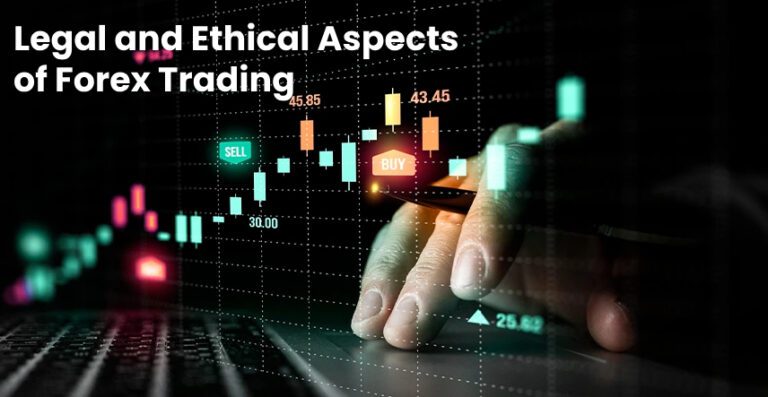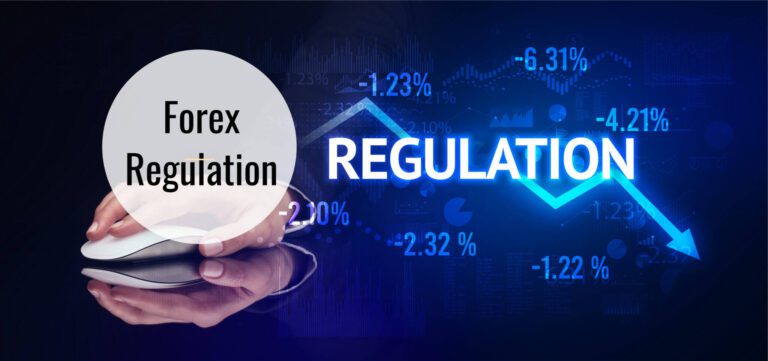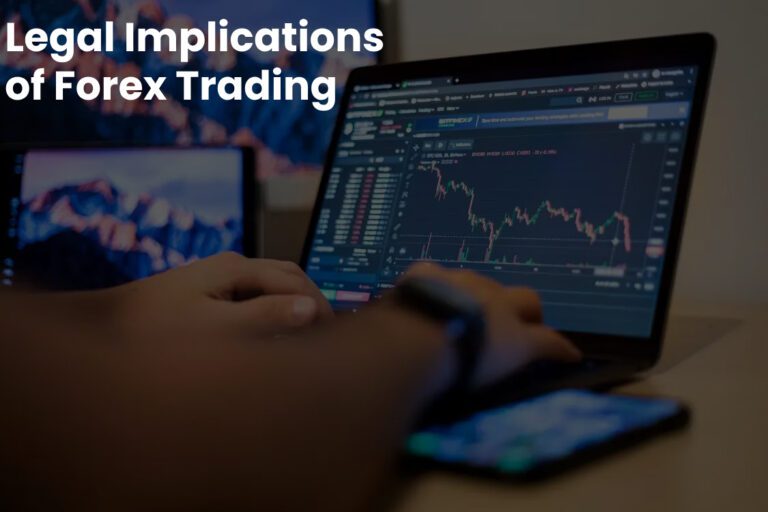- Forex trading, or foreign exchange trading, is a global marketplace where currencies are bought and sold. As with any financial activity, understanding the legal and ethical aspects is crucial to ensure compliance and maintain integrity. This blog will explore the legal and ethical considerations of Forex trading, the regulations across different countries, ethical trading practices, ways to avoid scams and fraud, and the legal implications of Forex trading.
Legal and Ethical Aspects of Forex Trading
- The legal and ethical aspects of Forex trading are fundamental to ensuring a fair and transparent market. Legally, traders must comply with the regulations set by financial authorities in their respective countries. These regulations are designed to prevent market manipulation, insider trading, and other unethical practices. Ethically, traders should adhere to principles of honesty, integrity, and transparency to maintain trust in the market.

Understanding Forex Regulations by Country
- Forex regulations vary significantly across countries. Here’s a brief overview of how different regions regulate Forex trading:
1. United States
- The Forex market in the U.S. is highly regulated by the Commodity Futures Trading Commission (CFTC) and the National Futures Association (NFA). These bodies impose strict regulations to protect traders, such as high capital requirements for brokers and mandatory registration.
2. European Union
- In the EU, Forex trading is regulated by the European Securities and Markets Authority (ESMA). ESMA enforces rules such as leverage limits and negative balance protection to safeguard retail traders.
3. United Kingdom
- Post-Brexit, the Financial Conduct Authority (FCA) regulates Forex trading independently of ESMA. The FCA ensures brokers operate fairly and transparently, requiring them to segregate client funds and adhere to strict reporting standards.
4. Australia
- The Australian Securities and Investments Commission (ASIC) oversees Forex trading. ASIC mandates that brokers maintain a high level of financial integrity and transparency.
- Understanding these regulations helps traders choose reputable brokers and avoid legal pitfalls.

Ethical Trading Practices
- Ethical trading practices are essential for maintaining a fair and trustworthy Forex market. Some key practices include:
1. Transparency
- Always be transparent about trading conditions, fees, and potential risks. Hidden fees and misleading claims undermine trust.
2. Honesty
- Provide accurate information and avoid deceptive practices. Honest communication with clients and stakeholders builds long-term relationships.
3. Integrity
- Act with integrity by adhering to laws and regulations, avoiding conflicts of interest, and respecting market rules.
4. Responsibility
- Ensure that your trading activities do not harm the market or other participants. Responsible trading includes proper risk management and ethical behavior.

Avoiding Forex Scams and Fraud
- Forex trading is not immune to scams and fraudulent activities. Here are some tips to avoid falling victim:
1. Verify Broker Credentials
- Ensure that the broker is registered with the appropriate regulatory bodies. For example, check for CFTC and NFA registration in the U.S., FCA in the UK, or ASIC in Australia.
2. Beware of Unrealistic Promises
- Be cautious of brokers or trading schemes that promise high returns with little to no risk. If it sounds too good to be true, it probably is.
3. Research
- Conduct thorough research before engaging with any broker or trading platform. Look for reviews, regulatory history, and any red flags.
4. Education
- Educate yourself about Forex trading and the common types of scams. Knowledge is your best defense against fraud.

Legal Implications of Forex Trading
- Engaging in Forex trading involves several legal implications:
1. Taxation
- Profits from Forex trading are typically subject to capital gains tax. The tax rate and reporting requirements vary by country, so it’s important to understand your local tax laws.
2. Regulatory Compliance
- Traders must comply with the regulations set by financial authorities in their country. Non-compliance can result in fines, legal action, and loss of trading privileges.
3. Contracts and Agreements
- Trading often involves contracts between the trader and the broker. It’s crucial to read and understand these agreements to avoid legal disputes.
4. Anti-Money Laundering (AML) Laws
- Forex brokers and traders must adhere to AML laws to prevent illicit activities. This includes verifying the identity of clients and reporting suspicious transactions.

Key Takeaways
- Forex trading is governed by a complex web of regulations that vary by country. Understanding these is crucial for legal compliance.
- Ethical trading practices build trust and ensure market integrity. Transparency, honesty, integrity, and responsibility are key.
- Avoiding scams requires vigilance, thorough research, and verification of broker credentials.
- Legal implications include taxation, regulatory compliance, contractual obligations, and adherence to AML laws.




